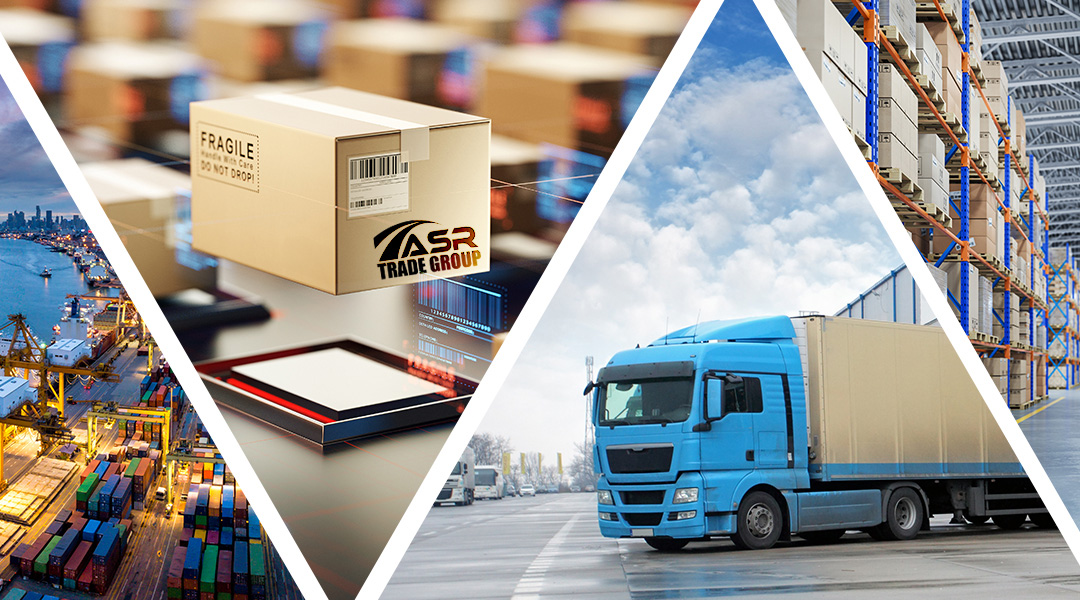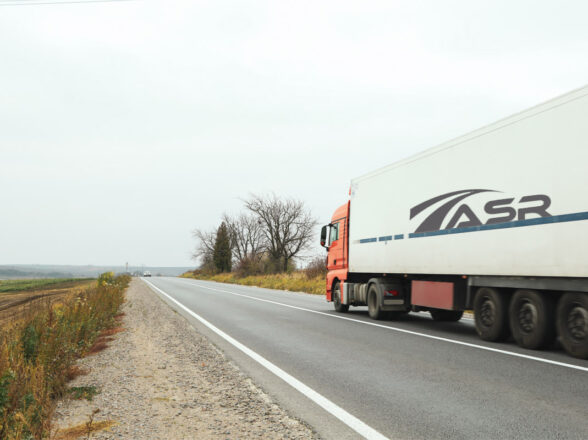Globax news
Blog
The Future of Transit Trade

Business is a language that transcends geographical boundaries. The complexity of intercountry trade consists of a set of strategies and regulations that enable products and services to flow freely across borders. One of these strategies is transit trade. Transit trade is the situation in which goods passing through the customs territory of a country are temporarily present in that country before reaching the destination country. This refers to a “stopover” situation where goods passing from one country to another pass through before reaching the destination country.
The Importance of Transit Trade
Transit trade ensures efficient use of trade routes and increases the effectiveness of supply chains. Trade routes, especially those passing through inland regions, strengthen the connection to coastal regions and ports. This facilitates the access of goods produced in inland regions to world markets and contributes to the revival of trade.
Management of Transit Trade
Management of transit trade requires complex cooperation between customs, transport companies, and logistics operators. It is important to establish national and international standards for the safe transportation and tracking of goods across customs territory. Additionally, the legal framework for transit trade should be determined to facilitate cooperation and dispute resolution between participating countries.
Advantages and Challenges of Transit Trade
One of the biggest advantages of transit trade is that it increases the speed of trade and reduces costs. Having the goods stop in between instead of reaching the destination country directly ensures that customs procedures are completed quickly. However, for the successful implementation of transit trade, security measures must be strictly implemented and a reliable communication network must be established between all parties.
The Future of Transit Trade
Developing technology and trade agreements are important factors that will shape the future of transit trade. Digitalization and automation can make customs operations more efficient, while free trade agreements and trade corridors can reduce barriers to transit trade.
Problems in the Suez Canal, one of the important transit points recently, significantly affect transit trade around the world. As one of the busiest waterway routes in the world, the Suez Canal is one of the main arteries of trade between Asia and Europe.
Any disruption, especially if it prevents large ships from passing, could have a serious domino effect on global trade. Delays of goods can cause disruptions in supply chains and affect various industries. In particular, crude oil, natural gas, container cargoes and other large trade goods may be affected if the Suez Canal is closed.
Events such as the ship blocking the canal that occurred in 2021 have shown the fragility of transit trade and how dependent world trade is. Such events can increase efforts to re-evaluate supply chains and logistics networks and reduce risks.
As a result, transit trade is an indispensable part of global trade and is important for the sustainability of international trade. When managed effectively, transit trade stimulates economic growth, improves trade routes and strengthens international relations.










